The Suzuki Method, renowned for its holistic and family-friendly approach, has garnered immense popularity, particularly for children under 5 years old. Developed by Dr. Shinichi Suzuki in the mid-20th century, this innovative music education philosophy has revolutionized the way young minds learn and embrace music. By mimicking the natural process of language acquisition, Suzuki education empowers children to absorb musical skills effortlessly, fostering a lifelong appreciation and proficiency in music.
At the core of the Suzuki Method lies the belief that every child is born with an innate musical ability, and this potential can be nurtured and cultivated through early exposure to music. Starting at a tender age is crucial, as young minds possess remarkable flexibility and a heightened capacity for absorbing information. Just as children learn to speak by listening and imitating sounds, Suzuki students learn to play an instrument by listening to the music and imitating their teachers' performances.
Parental involvement plays a pivotal role in the Suzuki Method, making it a distinctive and inclusive learning experience. Parents actively participate in the learning journey, attending lessons with their children and serving as the at-home practice facilitators. This profound involvement not only strengthens the bond between parent and child but also reinforces the child's learning process. The integration of music into everyday life becomes a joyful family ritual, creating a nurturing environment where musical exploration flourishes.
The Suzuki Method caters to a diverse range of young learners, welcoming students as young as 3 years old. These tender-aged musicians can embark on their musical journey by choosing from an array of instruments such as the violin, viola, cello, or piano. Among these choices, the violin stands out as an especially popular option, mainly due to its size and versatility. With miniature violins designed for little hands, children can comfortably engage with the instrument and start producing delightful melodies from an early age.
Beyond its musical impact, the Suzuki Method instills valuable life skills in children. Discipline, perseverance, and a strong work ethic are nurtured through regular practice and the pursuit of mastery. Students gain confidence in their abilities, which extends beyond music into other aspects of their lives. The Suzuki Method thus shapes well-rounded individuals who approach challenges with resilience and creativity.
Moreover, research suggests that early exposure to music through the Suzuki Method enhances cognitive development and improves academic performance. It stimulates the brain's neural pathways, enhancing memory, concentration, and problem-solving abilities. As a result, Suzuki students often excel in their academic pursuits, gaining a head start in their educational journey.
In conclusion, the Suzuki Method has earned its reputation as a transformative and enriching musical education philosophy for young children. By embracing the principles of natural learning and parental involvement, it empowers children to develop a profound connection with music from an early age. With the joyous inclusion of group classes and a diverse range of instruments, Suzuki students not only become skilled musicians but also grow into confident, disciplined, and expressive individuals, ready to face life's challenges with passion and determination. This harmonious integration of music into family life makes the Suzuki Method a timeless and treasured approach that continues to shape the lives of young musicians and their families around the world.
Contact us today to see if our Suzuki violin, viola, cello and piano teachers are available to come to your home for lessons.






